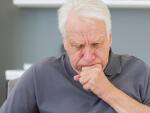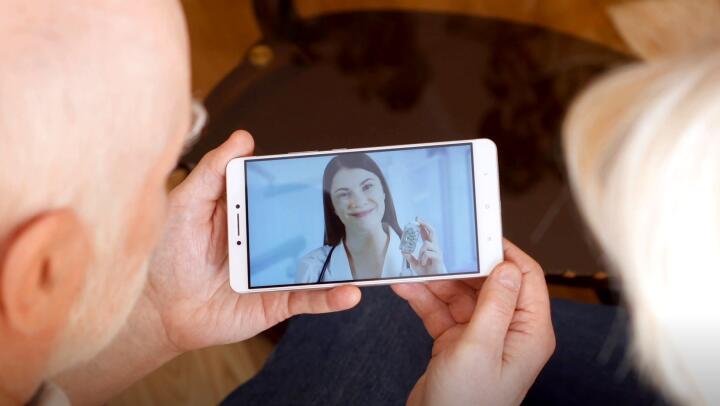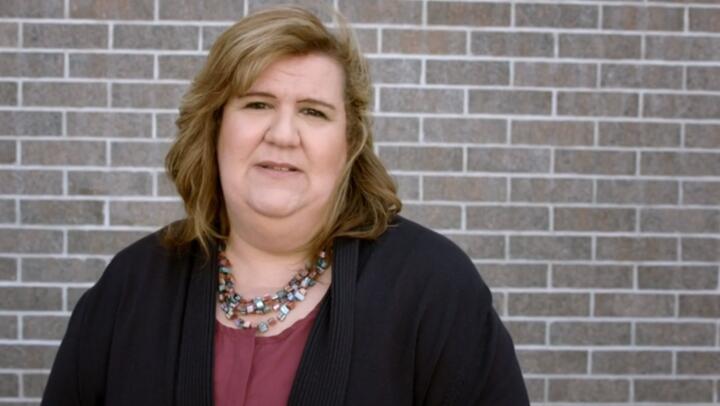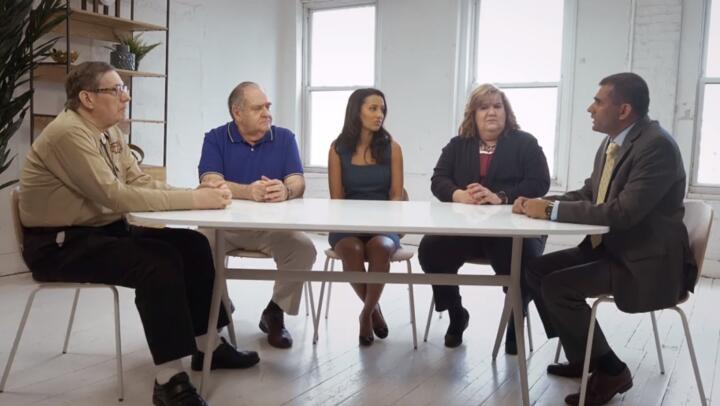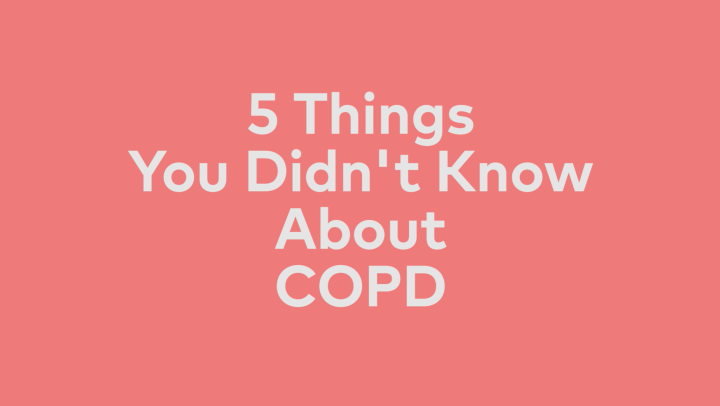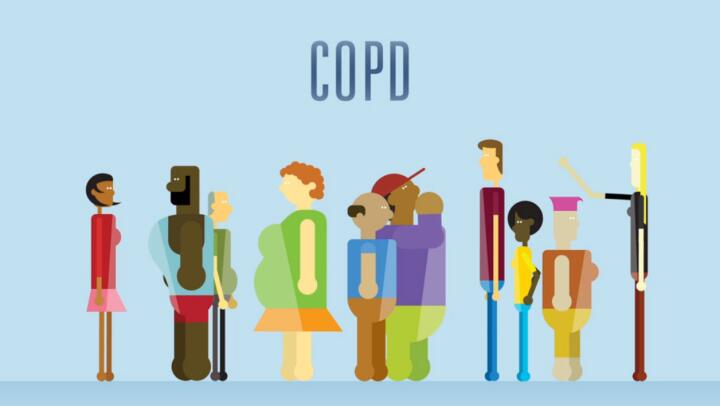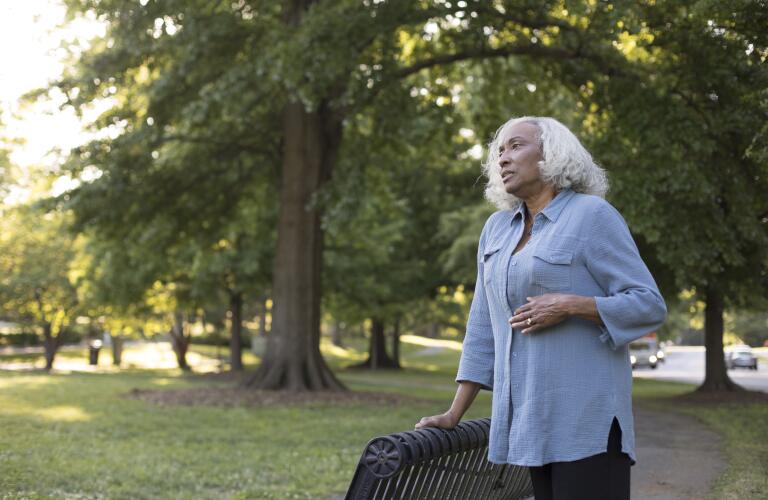
Unfortunately, the burden of COPD (chronic obstructive pulmonary disease) goes beyond the individual’s physical health—it affects their mental well-being too. Anxiety is common in people with COPD, which includes chronic bronchitis and emphysema. In fact, research has found anywhere from 50 to 74% of COPD patients cope with anxiety. This includes both general anxiety and COPD panic attacks. This is much higher than the general population and high even among people with other chronic diseases.
Research shows people with COPD feel a lot of anxiety about the future. They worry about disability, reliance on oxygen therapy, and the possibility of having respiratory failure.
Anxiety and panic attacks are very problematic with COPD because they feed each other. COPD makes it hard to breathe. People often feel breathless and even hunger for air, especially after exertion. This can lead to episodes of intense anxiety—or COPD panic attacks. Panic triggers your body’s fight or flight response. This leads to fast, shallow breathing, difficulty breathing, rapid heart rate, and chest tightness. It then gets even harder to breathe, which causes more panic.
The downward spiral of a COPD panic attack can be dangerous. People with COPD who get panic attacks tend to have more breathing symptoms, require more treatment, and end up in the hospital more often. If you or loved one has COPD and panic attacks, one of the best things you can do is learn how breathing exercises, counseling, and medication can help manage COPD panic attacks.
Breathing exercises are usually part of COPD treatment. Pulmonary rehabilitation—or rehab—focuses a lot of attention on them. They can also help during periods of anxiety and panic attacks. Learning to calm your breathing will have a physical effect on the other fight or flight responses. Your heart rate will slow, your muscles will relax, and eventually your emotions will settle down.
A common COPD breathing exercise is pursed-lip breathing. The key to using this breathing exercise, or any other one, to control anxiety and panic is to change your focus. Before you start a breathing exercise, consciously drop your shoulders—it’s common to hunch up your shoulders when you are anxious or having trouble breathing. Then close your eyes and focus on the exercise.
To do pursed-lip breathing:
Breathe in through your nose.
Purse your lips as if you were getting ready to blow out a candle or blow up a balloon.
Exhale as slowly, gently and steadily as possible. Focus only on breathing out and don’t worry about breathing in. Breathe as much air out as you can.
Repeat, starting with breathing in through your nose.
Slow breathing is often easier to manage than trying to get a deep breath of air. Your inhalation should gradually get longer and deeper as your heart rate slows, your body relaxes, and your mind has a different focus.
Pulmonary rehab is also a place where you can find emotional support and COPD mental health resources. If anxiety and panic attacks are an ongoing problem, counseling can help. In fact, most doctors prefer to use counseling as first-line therapy for COPD anxiety and panic. It avoids drug-related issues, such as drug interactions and side effects, which can happen when you add an anti-anxiety medication to your COPD treatment.
Cognitive behavior therapy is a common form of counseling for COPD. It takes place either one-on-one or in a group setting. It focuses on changing unhelpful thought and behavior patterns to improve anxiety and panic attacks. Often, therapists use relaxation techniques to help you learn to manage the physical effects of anxiety and panic. This, in turn, will have a positive psychological effect. These strategies may include guided imagery, meditation, biofeedback, and sequential muscle relaxation.
If you still suffer with anxiety or panic attacks, anti-anxiety medication may be necessary. In general, people with COPD should avoid benzodiazepines. They are effective in treating anxiety, but can depress the respiratory drive (breathing). This can lead to problems for people with COPD. Instead, doctors may use a class of antidepressant drugs called SSRIs. Most people tolerate SSRIs well and find relief from anxiety while on them. Other options include buspirone (Buspar) and the antiseizure drugs, gabapentin (Neurontin) and pregabalin (Lyrica).
If you have COPD and suffer with anxiety or panic, know you are not alone. You also don’t have to live with the worry and isolation these conditions can bring. Your healthcare providers and pulmonary rehab team should screen you for possible problems. Give them straightforward information about how you feel. You may not even realize how much anxiety is affecting your life until you do. Then work with your team to find the solution that best suits you.




